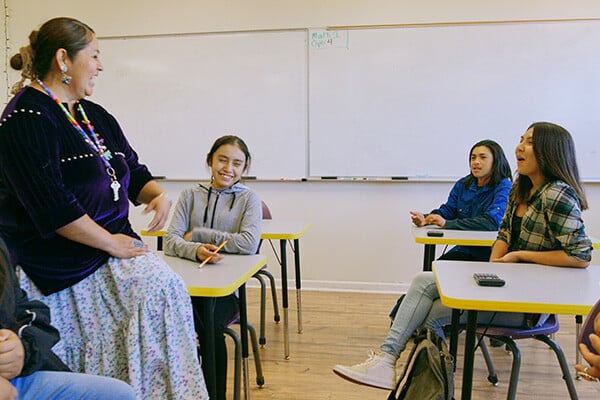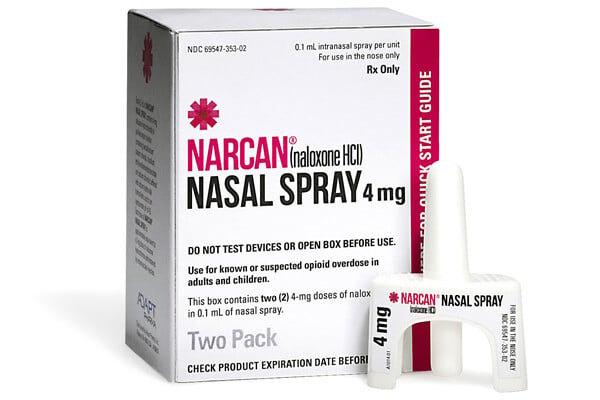
Let's Be Clear:Educators
- Professionals
- Educators
Educators and teachers are influential in a child’s life. Knowing the signs of substance misuse and educating children about the risks can make a big impact. Keep reading to learn how educators can help and download free materials to share with parents.
Combating Stigma in Your School
We all carry bias and stigmas that we may not realize. As an educator, you can help stop stigmas by using person-first language and recognizing discriminatory practices. Learn more about language best practices to reduce stigma.

How Educators Can Help
Conversations about substances should start at home from an early age. However, educators can help reinforce these teachings, making sure students know the dangers of substance use. Drugs are more dangerous than ever, and they’re easier to get – even being sold online.
- - Talk about refusal skills, equipping students with ways to say no in uncomfortable situations.
- - Let students know they should never take a substance that isn’t prescribed for them by a doctor.
- - Informing students that some of their friends or even relatives may offer them substances – it’s not always from a stranger, but sometimes a person close to them.
- - Using health classes and other opportunities to talk about the types of substances and the dangers of each, including counterfeit pills.
- - Teach skills like journaling, grounding and other methods for coping instead of turning to substances.
- - Post and share materials promoting the 988 Lifeline for support.
Educators can look for changes in their students that might signal a need for help. Look out for:
- - Changes in Behavior: Mood swings, secrecy and withdrawal from activities.
- - Physical Symptoms: Weight loss, changes in sleep patterns and unexplained injuries.
- - Neglecting Responsibilities: Skipping practice, classes and other important commitments.
Work with your administrators to talk about prevention services and other curriculum you can incorporate into teachings, along with action plans for teachers so they know who to inform and how to work with parents and other educators if a student needs help.
Educators know that better student attendance improves grades and outcomes. The lack of a high school diploma is also linked to increased overdose risk. Emphasizing attendance and putting truancy programs in place can help keep students in school and out of harm’s way.
Most parents think their child “knows better” or doesn’t need their guidance when it comes to substance use. Continued involvement is critical. Parents are the biggest influence in a student’s life, so encourage parents to stay involved, check in often and talk about substances and the risks of unhealthy behavior at a young age.
Schools should keep naloxone on hand in case of emergency, just as you would a defibrillator or first aid kit. Know the signs of an overdose, and be prepared to respond, especially around times like graduation or prom when students may be placed at a higher risk of substance use.
South Dakota Substance Use Data
Find key data and trends on opioid use, overdose deaths and statewide intervention metrics.

Naloxone for South Dakota Employers
If you are an employer looking to obtain the appropriate training to recognize the symptoms of an overdose and respond quickly, you can access the free training and appropriate resources and guidance on how to obtain naloxone using the link below.


